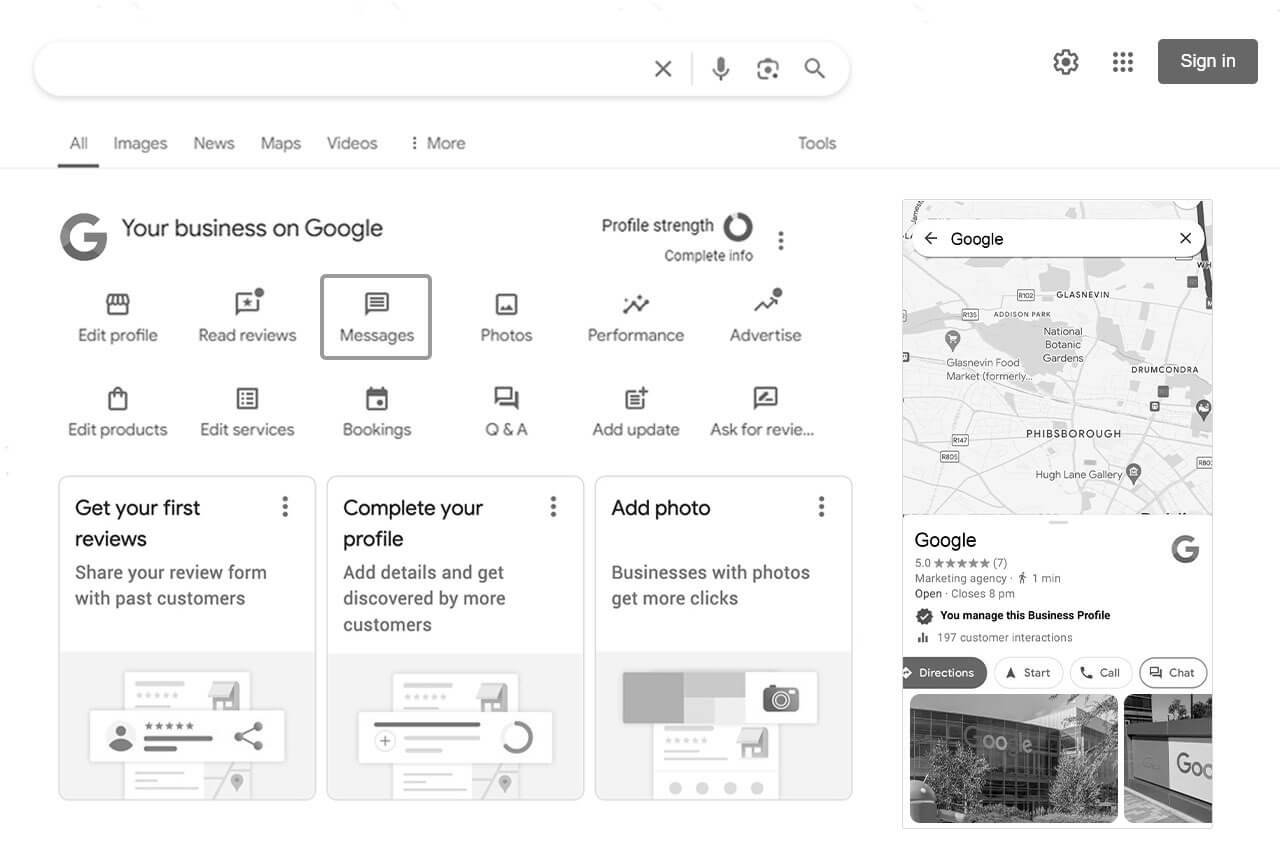Nowadays, businesses need a strong online presence to succeed. Pay-Per-Click (PPC) advertising has emerged as a powerful tool to enhance online visibility and drive conversions. By strategically placing targeted ads across search engines and social media platforms, businesses can effectively reach their target audience and increase brand awareness. This comprehensive guide will take you through the ins and outs of PPC advertising, providing valuable insights and practical tips to help you boost your online visibility and maximize conversions.
What is PPC Advertising?
PPC (Pay-Per-Click) advertising is an online advertising model where advertisers pay when their ads are clicked. It allows businesses to display targeted ads on platforms like search engines and social media networks. By bidding on relevant keywords, businesses can reach their target audience when they search for related products or services. PPC offers benefits such as increased brand visibility, precise audience targeting, and measurable results. Advertisers have control over their budgets and pay only for clicks received. It’s a powerful tool to enhance online presence, drive traffic, generate leads, and boost conversions.
Getting Started with PPC: Setting Up Your Campaign
1. Understanding PPC Advertising
In PPC advertising, advertisers pay a fee each time their ad is clicked. The most common PPC platform is Google Ads, which displays ads on search engine result pages (SERPs). Other popular platforms include social media channels like Facebook, Twitter, and LinkedIn. The key advantage of PPC advertising is that it allows businesses to reach potential customers who are actively searching for products or services they offer. By bidding on relevant keywords, businesses can position their ads at the top of search results, ensuring increased visibility and generating quality leads.
2. Setting Up Your PPC Campaign
To get started with PPC advertising, you need to create an account on your chosen platform. Begin by defining your campaign objectives, whether it’s driving website traffic, generating leads, or increasing sales. Identify the most relevant and valuable keywords for your business by conducting thorough keyword research. Structure your campaign into well-organized ad groups and create compelling ad copy that aligns with your target audience’s needs and preferences. Don’t forget to optimize your landing pages to provide a seamless user experience and enhance conversion rates.
3. Target the Right Audience
Successful PPC advertising requires precise audience targeting. Each platform offers various targeting options, including location, demographics, interests, and behaviour. Refine your targeting based on factors like age, gender, income, and interests to ensure your ads reach the most relevant audience. Additionally, utilize audience segmentation to tailor specific messages to different groups within your target audience. By narrowing your focus and catering to the needs of a particular segment, you can increase the effectiveness of your PPC campaigns and drive higher conversion rates.
4. Optimize your PPC Campaign
Continual optimization is the key to maximizing the effectiveness of your PPC campaigns. Regularly review and analyze your campaign’s performance using the platform’s analytics tools. Monitor key metrics such as click-through rates (CTR), conversion rates, and cost per conversion to identify areas that require improvement. Test different ad variations, landing page layouts, and call-to-action (CTA) buttons to determine what resonates best with your audience. Implement A/B testing to compare the performance of different elements and make data-driven decisions. Adjust your bidding strategy based on keyword performance and allocate more budget to the top-performing keywords to drive better results.
5. Tracking & Measuring Success
To measure the success of your PPC campaigns, implement conversion tracking. Set up conversion goals, such as newsletter sign-ups, purchases, or form submissions, and track the number of conversions generated through your ads. Use tracking pixels or codes provided by the advertising platform to monitor user behaviour on your website and optimize your campaigns accordingly. Regularly review your campaign’s performance metrics and make necessary adjustments to achieve your desired goals.
Conclusion
PPC advertising offers tremendous potential to enhance your online visibility and drive conversions. For expert guidance and personalized assistance, contact XLENT Digital Solutions. Our experienced team will maximize your ROI and help you achieve your advertising goals. Take your online advertising to new heights with XLENT Digital Solutions. Contact us now to explore the world of PPC advertising and boost your online presence.
As a leading Digital Marketing Agency in Hyderabad, we provide comprehensive services such as PPC Advertising, Search Engine Optimization, Email Marketing, Social Media Marketing, Web Designing & Development and Content Writing.




